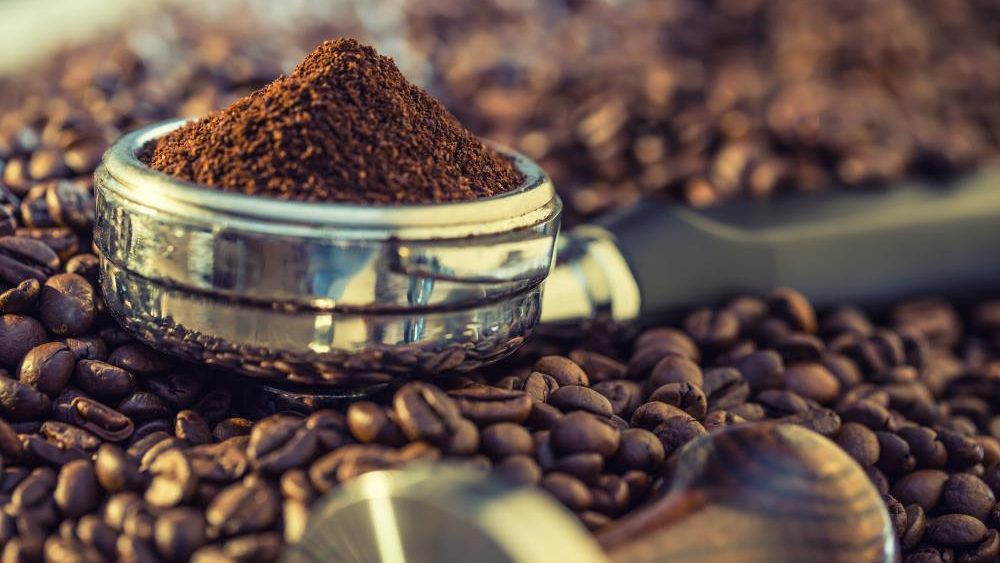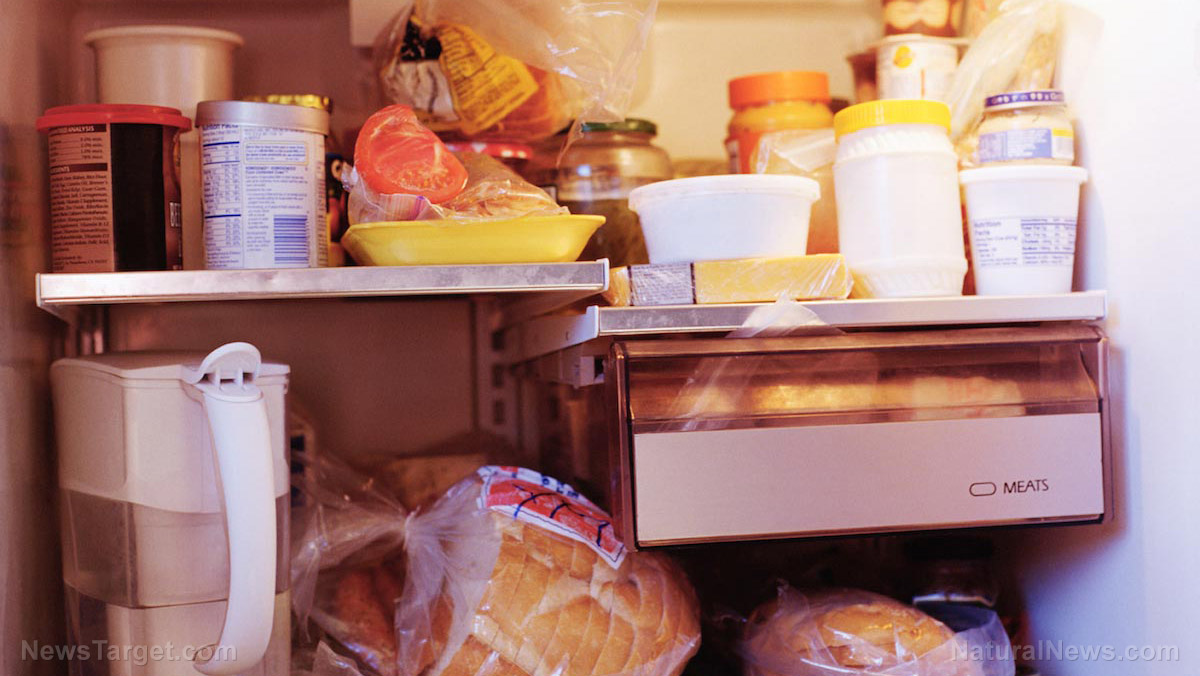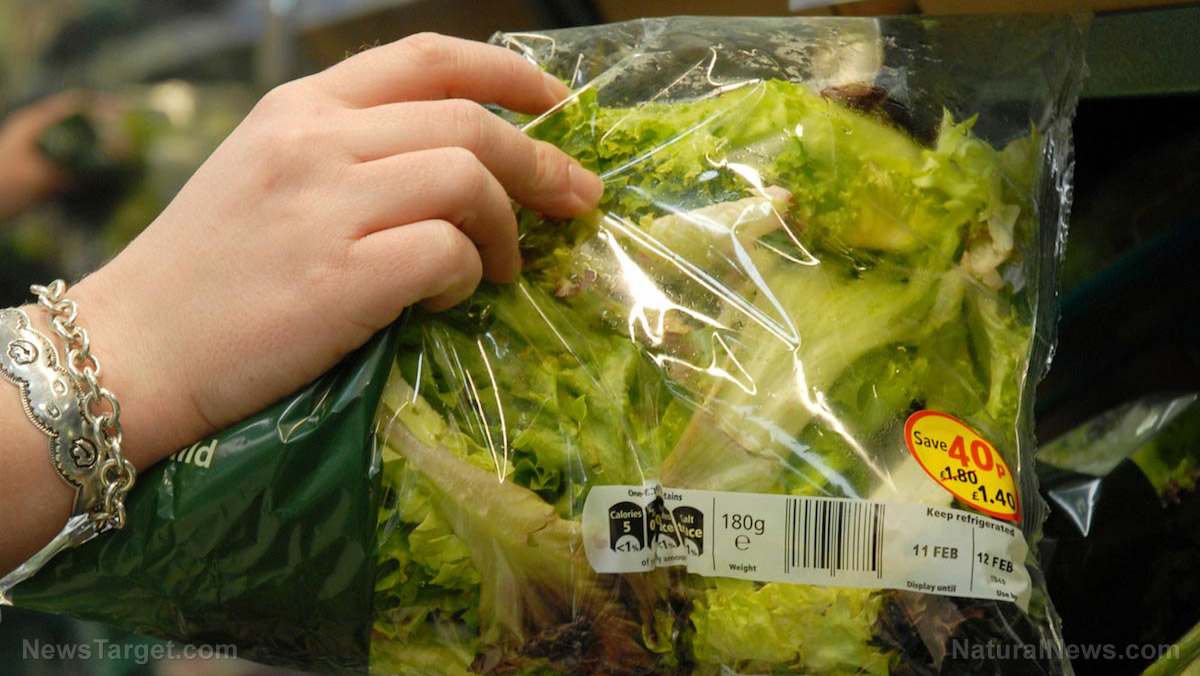
Advertisement
People are now refraining from using plastic that contains bisphenol A (BPA). However, they may still get exposed to the toxic substance by drinking it from a coffee maker with BPA-laced plastic parts. BPA is an industrial chemical found in plastic products like food storage containers and water bottles. Researchers warn that the substance causes diseases such as endocrine disorders, hypertension, infertility, and cancer.
Plastics may leach BPA whenever they come into contact with liquids. The temperature of the liquid affects the concentrations of chemicals released into it. Boiling temperatures cause far more bisphenol A to leach into water and other liquids. Like most appliances, a coffee maker contains plastic parts. When hot or boiling water runs through those tubes, BPA may leach from the plastic and contaminate the liquid. Coffee with a strong taste of plastic contains residue from the plastic parts. The tainted beverage may contain considerable amounts of BPA. And even if the coffee tastes fine, it is highly like to be contaminated if it comes from an automatic coffee maker. (Related: Better than plastic: Study finds antimicrobial reusable coffee cups are safer.)
The plastic parts of an automatic coffee maker may leach toxic BPA into the drink
While hot liquids cause plastics to release higher BPA, even cooler liquids may cause the chemical to leach. A 2009 study by Harvard School of Public Health (HSPH) researchers found that people who consumed cold liquids from polycarbonate bottles displayed increased concentrations of BPA in their urine.
Later on, a 2011 experiment evaluated the level of BPA exposure from coffee makers, plastic utensils, and storage containers. They measured the concentrations of the toxic chemical in the urine of the participants. In the experiment, participants replaced their plastic products with non-plastic equivalents. They drank from stainless steel bottles, ate from metal lunch boxes, and used a ceramic drip or a French press to make their coffee. The trial lasted for eight days.
The researchers reported that BPA concentrations in the urine of participants decreased by 66 percent. The considerable drop in BPA levels was attributed to the way the participants reduced or eliminated sources of the toxic chemical. For example, they stopped using automatic coffee makers and used alternative means of making coffee with no plastic involved. Organizations like the Silent Spring Institute advised consumers to avoid automatic coffee makers with plastic containers and tubing. They recommended switching to manual coffee makers made from glass and metal instead of plastic.
Switch to these healthier, plastic-free coffee makers
A stainless steel coffee maker costs a lot of money. However, it makes for an excellent BPA-free replacement to a plastic container. For a cheaper alternative, get a French press. Made from glass and metal, the traditional coffee maker lets its user set the strength and temperature of the coffee.
A health-minded consumer may also try out the pour-over coffee-making method. Put ground beans in an unbleached filter made from Chemex or similar glass-based material. Add boiling water over the ground coffee.
The Moka pot lets a person brew coffee on the stove. Fill it halfway with boiling water, place fresh ground beans in its filter basket, and put the coffee maker on a stovetop. The boiling water exerts pressure that pushes the coffee into the chamber of the pot.
People who want a colder drink can use the cold brew method. Put ground coffee beans in a container, pour cold water, and leave the mix in the refrigerator all night. The next day, strain the cold brew.
There is no need to give up coffee on account of BPA exposure. Just stop using automatic coffee makers and switch to safer methods of making coffee.
Sources include:
Advertisements







